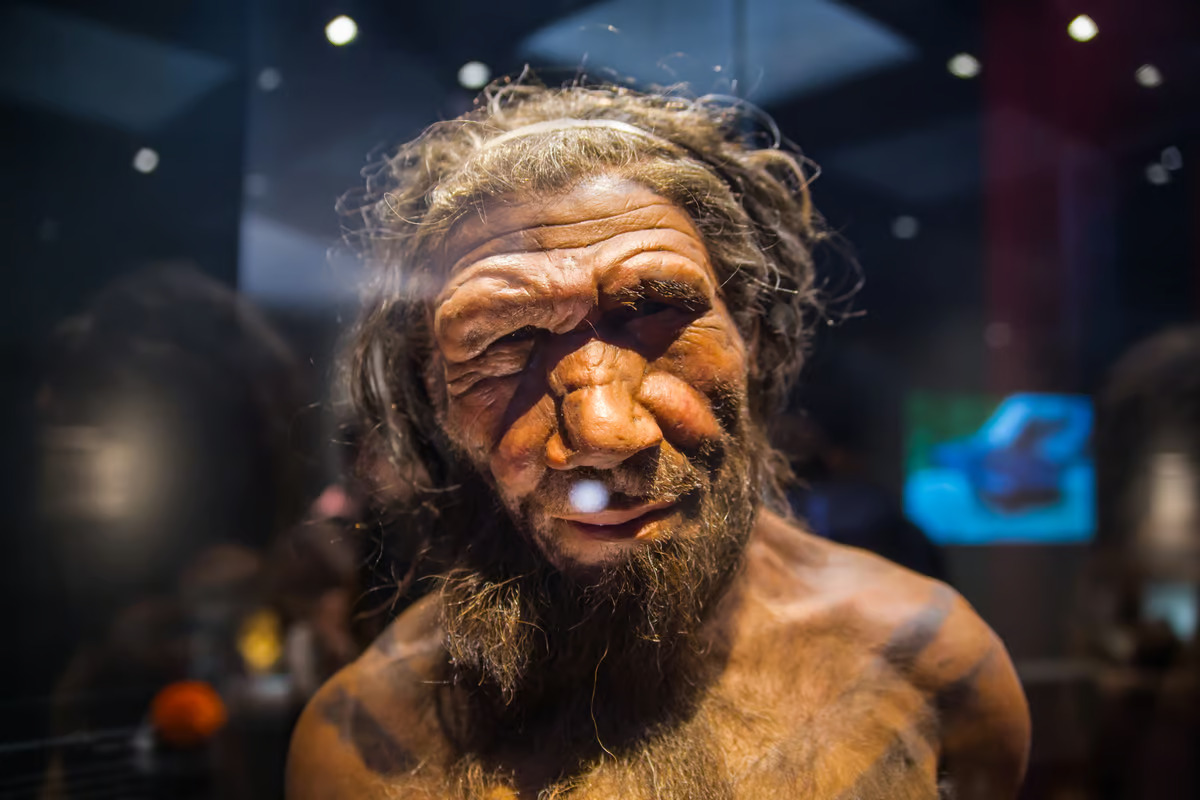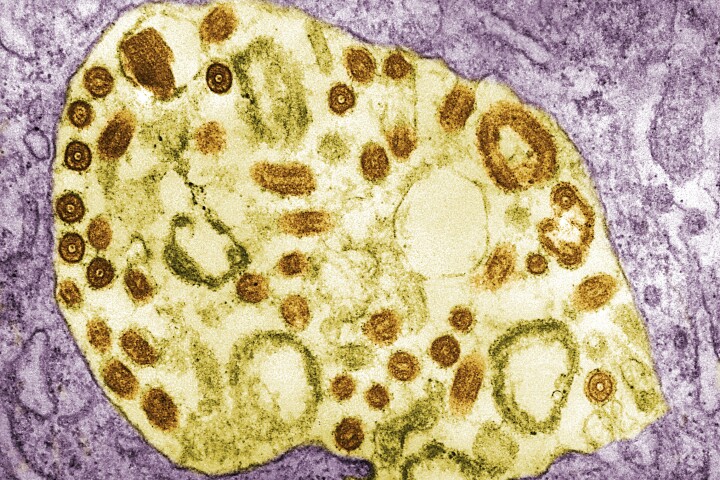 Scientists have compared the smell sensitivity of modern and ancient humans. Depositphotos
Scientists have compared the smell sensitivity of modern and ancient humans. Depositphotos
–
For hundreds of thousands of years, Homo sapiens shared the world with other species of archaic humans. Neanderthals lived throughout Europe and some of Asia, while Denisovans lived across Russia and down into southeast Asia, occasionally intermingling and interbreeding with each other and modern humans.
There’s still plenty we don’t know about how these archaic species lived, but clues can lie in their genes. So for the new study, researchers at Paris Saclay University and Duke University grew odor receptors of Neanderthals and Denisovans in lab dishes, exposed them to different odors and measured their sensitivity compared to that of our own.
The team started by poring over databases of genomes of the different species, including those assembled by last year’s Nobel Laureate, Svante Pääbo. They could then compare specific odor receptor genes to those in modern humans to work out how much each one differed. From this, they then grew 30 odor receptors from each hominin, exposed them to various smells and measured their responses.
The team found that the receptors mostly detected the same odors across the board, but differed greatly in their sensitivity to different smells. Neanderthals seem to have had much the same sniffers as we do now, with only a few genes differing – and counter to what you might expect, those changes were mostly for the worse. Neanderthal-specific receptors were significantly less sensitive to spicy, sweet, minty and floral smells than modern humans. On the plus side, they were also less sensitive to the smells of sweat and urine, which would no doubt be beneficial in a world before daily hygiene routines.
Denisovans, on the other hand, differed more broadly in their olfactory responses. They were less sensitive to floral scents, but were four times better than us at picking up “sulfurous” smells and three times more sensitive to balsamic scents – thick, sweet smells like vanilla and chocolate. They also responded well to the smell of honey, which the team hypothesizes may have been a favorite food of theirs, given its richness in energy.
“We don’t know what Denisovans ate, but there [are] some reasons why this receptor has to be sensitive,” said Hiroaki Matsunami, co-author of the study. “Each species must evolve olfactory receptors to maximize their fitness for finding food. In humans, it’s more complicated because we eat a lot of things. We’re not really specialized.”
Not only can this study help us better understand ancient human genetics and behavior, but the team says their cell-based scent tester can help study genetic variation in odor sensitivity among individuals in modern humans.
The research was published in the journal iScience.
Source: Duke University
–
























Please keep comments to less than 150 words. No abusive material or spam will be published.
–